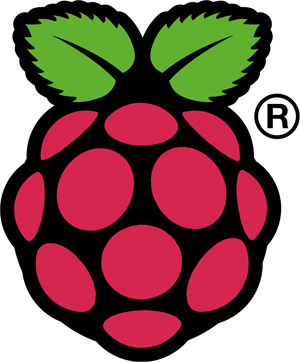Homelab clusters: LXD micro cloud on Raspberry Pi
Rhys Davies
on 9 October 2020
Tags: Appliances , edge , homelab , LXD , Raspberry Pi , Ubuntu Appliance
Set up and run your own homelab with the LXD Ubuntu Appliance. Spin up and manage virtual machines (VMs) and containers, run and test workloads across platforms and architectures, and rest assured of security and updates with Ubuntu Core. Follow the tutorial to get started or read on to learn why you might care.
Why should I care?
Running or testing workloads at home, safely, still has issues. There are lots of ways to do it, maybe you have a dedicated homelab in your basement, or you run workloads on your main machine, or something in between. But every method has drawbacks. People want something that doesn’t take up racks of space, that is quiet enough not to be in a different room, and won’t cost an arm and a leg.
Previously you had to use cloud technology, fork out the cash, or let go of your homelab dreams forever. But this all changes with the LXD Ubuntu Appliance. A smaller, quieter and comparably inexpensive way to spin up and manage all the VMs and containers you need.
What is LXD?
LXD is a next-generation system container and VM manager. It gives you a way to easily spin up and manage pre-made images for a range of Linux distributions over the network with a designed to be simple REST API. Read more about it on the website where you can start locally.
What’s so great about it?
The LXD appliance targets the Raspberry Pi 4 and Intel NUCs and supports mixed architecture deployments. This lowers the price tag of a homelab but also means you can test and build on the Raspberry Pi’s ARM architecture and x86, at the same time. And with the growing interest in ARM, this might just set you up well for developing in the future.
Ubuntu Appliances are operating system agnostic, you can set one up on Windows, macOS or Linux. And you can use the native LXD appliance on any of the above OSs too. It works the same as running LXD on your desktop but can be accessed by multiple users from any system on the network, from under the desk or behind the T.V.
And as an Ubuntu Appliance VMs and containers are significantly easier to support and maintain. Ubuntu Appliances run on Ubuntu Core, the minimal, modular and embedded version of Ubuntu. Ubuntu Core is made up of snap packages that allow Canonical and LXD upstream to keep your OS and LXD up-to-date while you focus on your workloads.
What are these Ubuntu Appliance things?
Ubuntu Appliances are software-defined projects that enable users to download everything they need to turn a Raspberry Pi or an Intel NUC into a dedicated device. In this case LXD. Following the tutorial gets you up and running and shows you how to grow to a much larger cluster in the future. You could go on to attach remote storage, use virtual networking, and integrate with MAAS or with Canonical RBAC.
This Ubuntu Appliance is part of a growing portfolio of other projects that you can download and set up today. If while reading this you thought of another project or piece of software that you would like to see become a dedicated appliance, let us know.

Ubuntu Desktop for Raspberry Pi
Watch the live event of the 20.10 launch the and find out all the news about the new Ubuntu Desktop image for Raspberry Pi.
Newsletter signup
Related posts
Manage Debian, Ubuntu, and derivative Linux distributions with Landscape Scripts
The fastest path towards Linux server management at scale is to leverage technology system administrators know. It is now possible to manage your Debian...
Launch your own MicroCloud with one command
Deploy your own micro cloud with a single command in just a few minutes. Try out the new significantly simplified deployment process.
Implementing an Android™ based cloud game streaming service with Anbox Cloud
Since the outset, Anbox Cloud was developed with a variety of use cases for running Android at scale. Cloud gaming, more specifically for casual games as...
